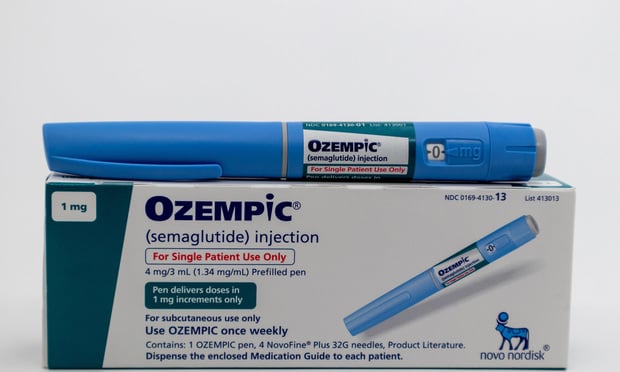 In 2019, HR professionals will increasingly use technology platforms to gather and distill data on benefits usage and engagement to better understand what truly matters to their employees. (Image: Shutterstock)
In 2019, HR professionals will increasingly use technology platforms to gather and distill data on benefits usage and engagement to better understand what truly matters to their employees. (Image: Shutterstock)
Let me start by stating the obvious: technology will continue to shape the HR profession in 2019. Over the past several years, forward-thinking employers have been capitalizing on the trend of “digitization of business processes” to cut costs and improve service levels, and this trend recently started making its way to the HR department. However, technology will not just shape HR in 2019, it will be a driving force that fundamentally changes how HR professionals use, and increasingly embrace, technology to better their day-to-day.
New channels of communication
As a part of the increase in HR technology adoption, I believe we'll see employers start getting serious about cutting through the noise when communicating crucial benefits information to increase employee engagement rates. At a time when benefits are more important than ever to attracting and retaining talent in a competitive employment landscape, with a recent Glassdoor survey showing that 90 percent of millennials would prefer more or better benefits over a pay raise, HR professionals can't afford for their employees to not know the benefits options available to them.
Related: Only half of employees feel they understand their benefits
More effective communication with employees will take on a number of forms, including testing of and adopting new channels of communication. Email will likely continue to remain the predominant method of communication for HR professionals looking to reach their employees, but with the average office worker receiving 121 emails per day and spending an average of 15-20 seconds on each one, I predict we'll start seeing higher adoption rates of channels like video education programs, text message outreach, and social media programs designed to reach employees where they're already spending their time.
Humanity through actionable data
HR professionals will also use technology platforms to gather and distill data on benefits usage and engagement to better understand what truly matters to their employees. In 2019, data collection and analysis will contribute to key HR decision-making on a larger scale than ever before, enabling employers to ascertain how to best support their employees. Actionable insights pulled from data gathered through technology platforms will reveal which means of communication are most effective, when and how often to reach out to employees, which benefits offerings are most valued and utilized by different demographic groups, and how to best educate employees on benefits offerings.
The availability of actionable data on employee preferences and benefits enrollment in a single software platform will empower employers to optimize the employee journey on an ongoing basis, helping HR professionals establish meaningful, human relationships with employees and cultivate lasting relationships. The days of talking with an employee or sharing benefits information only during onboarding and open enrollment is coming to an end.
A better ecosystem through integration
I believe the increased adoption of HR technology platforms will improve the entire HR ecosystem; employers, carriers and brokers can develop more accretive partnerships through increased enrollment, and employees can become better educated on benefits offerings to fully take advantage of the ones that matter to them. Moreover, these platforms appear to be here to stay—their innate interoperability and open architecture provide the agility and ease of use that today's HR professionals rely on. In the past, HR has been challenged because it was difficult to efficiently consolidate and manage so many different factors and variables when it comes to benefits administration, but now the ability to plug in new technologies, leverage payroll data, communicate through a variety of channels, and constantly innovate is becoming the standard rather than the exception.
Fundamental changes are taking place when it comes to providing benefits and engaging with employees, and HR professionals are leveraging HR technology platforms to adapt more rapidly than ever. Moving into 2019, HR technology platforms will become even more robust by becoming more open and accessible to integration with other tech providers, even competitors, in order to add value to their offerings for HR customers and their employees. The traditional big players are becoming less dominant and the push for open tech platforms that promote innovation will continue to convert HR professionals into some of tech's biggest evangelists.
Read more:
- Communications breakdown: How can brokers and employers get on the same page with technology?
- What HR departments need to do to prepare for the future
- 5 technology and data trends affecting employee benefits
 Neil Vaswani is co-founder and CEO of Corestream. Since its founding, Neil has grown Corestream into the leading HR technology platform provider for voluntary benefits, managing voluntary benefits deductions for more than 1.2 million employees.
Neil Vaswani is co-founder and CEO of Corestream. Since its founding, Neil has grown Corestream into the leading HR technology platform provider for voluntary benefits, managing voluntary benefits deductions for more than 1.2 million employees.
© 2025 ALM Global, LLC, All Rights Reserved. Request academic re-use from www.copyright.com. All other uses, submit a request to [email protected]. For more information visit Asset & Logo Licensing.







